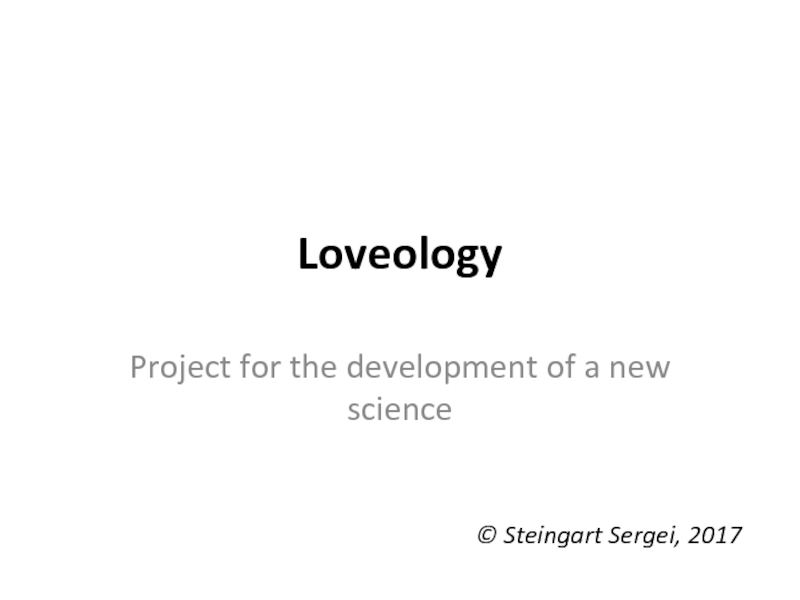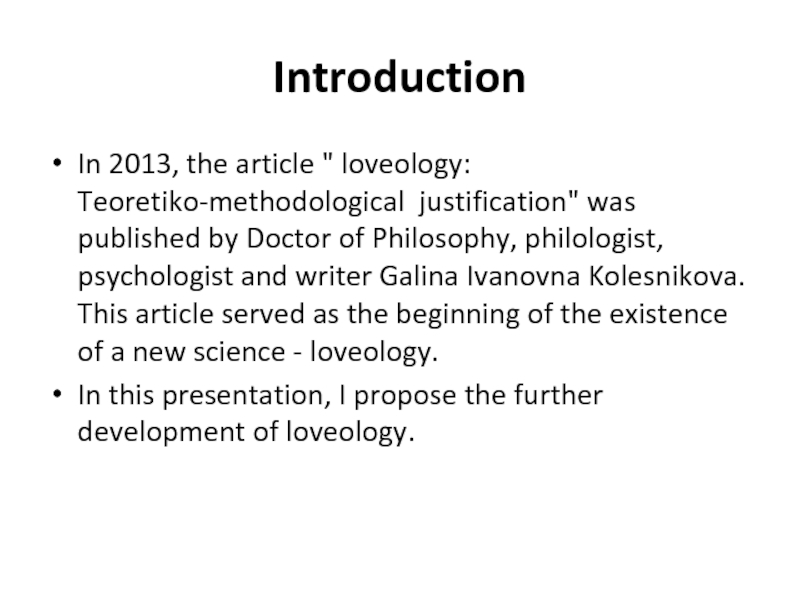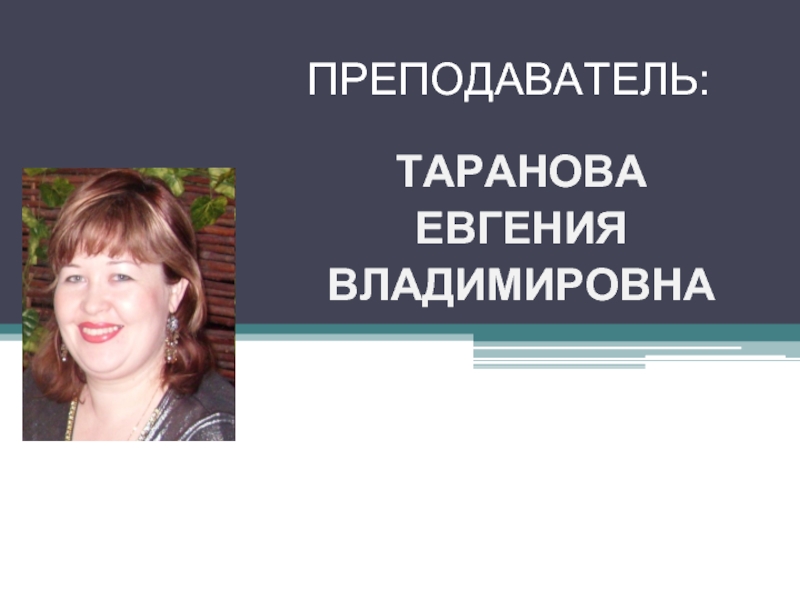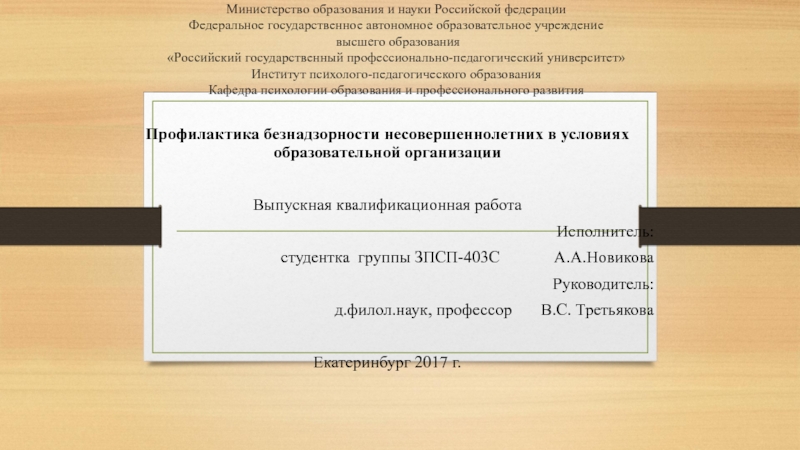- Главная
- Разное
- Дизайн
- Бизнес и предпринимательство
- Аналитика
- Образование
- Развлечения
- Красота и здоровье
- Финансы
- Государство
- Путешествия
- Спорт
- Недвижимость
- Армия
- Графика
- Культурология
- Еда и кулинария
- Лингвистика
- Английский язык
- Астрономия
- Алгебра
- Биология
- География
- Детские презентации
- Информатика
- История
- Литература
- Маркетинг
- Математика
- Медицина
- Менеджмент
- Музыка
- МХК
- Немецкий язык
- ОБЖ
- Обществознание
- Окружающий мир
- Педагогика
- Русский язык
- Технология
- Физика
- Философия
- Химия
- Шаблоны, картинки для презентаций
- Экология
- Экономика
- Юриспруденция
Loveology. Project for the development of a new science презентация
Содержание
- 1. Loveology. Project for the development of a new science
- 2. Introduction In 2013, the article " loveology:
- 3. Stages of the creation of a new
- 4. Goals of Loveology To Find and combine
- 5. Prerequisites for the emergence of loveology -
- 6. Definition of loveology Loveology is a multidisciplinary
- 7. Subjects of research Main subject of
- 8. Methods of Loveology Methods of
- 9. Introduction to loveology 1 (definition of love)
- 10. Introduction to loveology 2 (classification of love)
- 11. Introduction to Loveology 3 (Theory of Love)
- 12. Conclusion It is very valuable that loveology
- 13. Источники G.I. Kolesnikova-Lyubviologiya: theoretical and methodological justification;
- 14. Thank you for attention!
Слайд 2Introduction
In 2013, the article " loveology: Teoretiko-methodological justification" was published by
Doctor of Philosophy, philologist, psychologist and writer Galina Ivanovna Kolesnikova. This article served as the beginning of the existence of a new science - loveology.
In this presentation, I propose the further development of loveology.
In this presentation, I propose the further development of loveology.
Слайд 3Stages of the creation of a new science
The creation
of a new science (an independent scientific direction) is accompanied by the stages:
1. Selection of a new research object;
2. The creation of new methods for studying this object;
3. Definition of the subject and content of the new science (scientific works, training courses, museums, conferences, nomenclature, etc.)
4. The formation of a scientific school and continuity of a new field of knowledge.
1. Selection of a new research object;
2. The creation of new methods for studying this object;
3. Definition of the subject and content of the new science (scientific works, training courses, museums, conferences, nomenclature, etc.)
4. The formation of a scientific school and continuity of a new field of knowledge.
Слайд 4Goals of Loveology
To Find and combine all the accumulated research and
work in this field;
To Analyze all available research in the field of "love"
To Find the connections between various works and studies;
Identify the essential and main features of various works in the sphere of love;
To make the new science as simple and practical as possible. (Applicable for life)
The central focus is on research with a positive and humanistic message;
Loveology should promote well-being!
To Analyze all available research in the field of "love"
To Find the connections between various works and studies;
Identify the essential and main features of various works in the sphere of love;
To make the new science as simple and practical as possible. (Applicable for life)
The central focus is on research with a positive and humanistic message;
Loveology should promote well-being!
Слайд 5Prerequisites for the emergence of loveology
- Philosophy (I. Kant, M. Scheler,
L. Feuerbach, C. Pearce, A. Schopenhauer, E. Fromm, J.P. Sartre and others);
- Literature (Ovid, Stendhal, I. Goethe, Z. Masoch, N. Lurie, M. Weller, etc.);
- Psychology (Z. Freud, G. Harlow, V. Frankl, R. May, D. Myers, D. Palmer, R. Strenberg, and others);
- Pedagogy (A. Makarenko, A. Zalkind, N. Niyazbaeva, I. Suyazova and others);
- Sociology (K. Jung, E. Weber, DA A. Lee, A. Harchev, etc.);
- Biology (V. Geodakyan, A. Markov, S. Saveliev, D. Amen, and others);
- Anthropology (H. Fisher, M. Butovskaya, D. Morris, etc.);
- Sexology (M. Vatsyayana, A. Kinsey, G. Deryagin and others);
- Medicine (P. Mantegazza, I. Bloch, etc.);
- Religion (Mother Teresa, M. Gandhi, etc.);
- Theology (P. Tillich, A. Kobzev and others);
- Art (film "Perfume", sculpture "Ecstasy of St. Teresa", museums, etc.);
- Erotic (frescoes, paintings, photographs, films, books, etc.);
- Life experience (forums, websites, personal experience, etc.);
— …
- Literature (Ovid, Stendhal, I. Goethe, Z. Masoch, N. Lurie, M. Weller, etc.);
- Psychology (Z. Freud, G. Harlow, V. Frankl, R. May, D. Myers, D. Palmer, R. Strenberg, and others);
- Pedagogy (A. Makarenko, A. Zalkind, N. Niyazbaeva, I. Suyazova and others);
- Sociology (K. Jung, E. Weber, DA A. Lee, A. Harchev, etc.);
- Biology (V. Geodakyan, A. Markov, S. Saveliev, D. Amen, and others);
- Anthropology (H. Fisher, M. Butovskaya, D. Morris, etc.);
- Sexology (M. Vatsyayana, A. Kinsey, G. Deryagin and others);
- Medicine (P. Mantegazza, I. Bloch, etc.);
- Religion (Mother Teresa, M. Gandhi, etc.);
- Theology (P. Tillich, A. Kobzev and others);
- Art (film "Perfume", sculpture "Ecstasy of St. Teresa", museums, etc.);
- Erotic (frescoes, paintings, photographs, films, books, etc.);
- Life experience (forums, websites, personal experience, etc.);
— …
Слайд 6Definition of loveology
Loveology is a multidisciplinary field of research on the
theme "love", in which methods of a number of disciplines are used (biology, psychology, philosophy, anthropology, etc.).
Loveology - transdisciplinary science.
Loveology - transdisciplinary science.
Слайд 7Subjects of research
Main subject of the study of loveology is
love.
Loveology also studies love-related phenomena:
passion;
a family;
sex;
jealousy;
sympathy;
attachment;
Attraction;
friendship;
firting;
courtship;
romance;
love;
treason;
attractiveness;
confidence;
kindness;
hatred, etc.
Loveology also studies love-related phenomena:
passion;
a family;
sex;
jealousy;
sympathy;
attachment;
Attraction;
friendship;
firting;
courtship;
romance;
love;
treason;
attractiveness;
confidence;
kindness;
hatred, etc.
Слайд 8Methods of Loveology
Methods of loveology as a science:
Observation,
experiment, questioning, test, classification, analysis, synthesis, biographical method, method of individual case, modeling, analogy, abstraction, etc.
Слайд 9Introduction to loveology 1 (definition of love)
The spiritual act of "experiencing
the highest value" of another person in all its diversity and uniqueness. (M. Scheler);
Connection of the soul, mind and body (friendship + respect + desire) (Ananga Rang treatise);
Admiration by another person without the right to possess and worship. (B. Zeland);
Dopaminergic goal-directed motivation to form paired links. (S. Ortig)
Connection of the soul, mind and body (friendship + respect + desire) (Ananga Rang treatise);
Admiration by another person without the right to possess and worship. (B. Zeland);
Dopaminergic goal-directed motivation to form paired links. (S. Ortig)
Слайд 10Introduction to loveology 2 (classification of love)
LYUDUS - love-game;
EROS - love-passion
(erotic);
MANIA - love-obsession;
FILIA - love-friendship (fraternal);
PRAGMA - rational love (to yourself);
STAGE - family love (mother, father, children's);
AGAPE is sacrificial love (to God).
(© John Alan Lee and © Erich Fromm)
MANIA - love-obsession;
FILIA - love-friendship (fraternal);
PRAGMA - rational love (to yourself);
STAGE - family love (mother, father, children's);
AGAPE is sacrificial love (to God).
(© John Alan Lee and © Erich Fromm)
Слайд 12Conclusion
It is very valuable that loveology originated in Russia.
I have the
conviction that "loveology" will develop dynamically, bring benefits and happiness to people!
(Sergey Shteyngart, shteyngart@yandex.ru, +7 (950) 226 09 49, St. Petersburg)
(Sergey Shteyngart, shteyngart@yandex.ru, +7 (950) 226 09 49, St. Petersburg)
Слайд 13Источники
G.I. Kolesnikova-Lyubviologiya: theoretical and methodological justification;
V. Frankl - Man in search
of meaning;
Treatise "Ananga Ranga";
V. Zeland - Transurfing reality;
Ortigue S., ect - Neuroimaging of love: fMRI meta-analysis evidence for new perspectives in sexual medicine;
E. Fromm - The Art of Love;
D.A. Lee - Six Love Styles (article);
R. Sternberg - Three-component theory of love (article);
Wikipedia - Science (article).
Treatise "Ananga Ranga";
V. Zeland - Transurfing reality;
Ortigue S., ect - Neuroimaging of love: fMRI meta-analysis evidence for new perspectives in sexual medicine;
E. Fromm - The Art of Love;
D.A. Lee - Six Love Styles (article);
R. Sternberg - Three-component theory of love (article);
Wikipedia - Science (article).



















